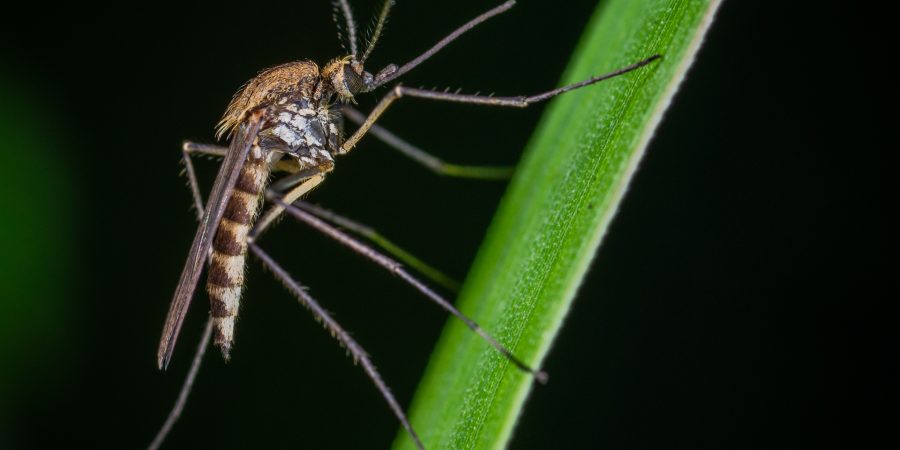Many people are concerned about the long-term impact of particular pesticides in their homes. Are any of these compounds harmful? Do they pose a threat to my family’s pets and young children? Is there anything I need to do once the pest control experts leave?
It is not possible since the response is a clear no. However, before the arrival of pest control professionals, you should thoroughly clean your property to get the best possible outcome for your pest management issue. How pest control works and why it’s okay not to clean up after it is covered in the following sections.
Control of Insects and Other Pests
We don’t want anybody in the home when we’re setting off insect bombs, administering bed bug treatment, or employing unpleasant chemicals. These chemicals are applied moist and gradually dry over time. As a result, no one should be home for many hours after the spray has been applied. The insecticide needs time to dry off. This product is completely safe for you and your family to use after drying.
It’s also possible for overzealous homeowners who are frightened of contaminating their homes with residue pesticide to vacuum it up. Insects that have survived the original spraying may be killed by the chemicals that have been left behind. Pest management, they are a crucial component. Vacuuming them up reduces their effectiveness significantly. You should make sure all the pests are removed safely or it will cause several issues like bad smells, rodent infestation, etc.
Make Sure You’re Clean Before Using a Pest Control
Clutter and damp, dark places attract a variety of typical home pests. Birds that hunt using their vision forage on rodents and insects since they are tiny and easy prey to catch. They have so evolved an evolutionary fear of broad open expanses. It’s a good idea to thoroughly clean the area before beginning a complete treatment.
Clutter should be kept to a minimum, so pick up cardboard boxes from the floor and go through old garment boxes to decide whether to give or discard them. If you have a water source, you should also inspect the spaces under the sinks. Pests can’t exist without water. All perishable products must be transferred into plastic containers before you begin cleaning your kitchen. You also need to clean worktops and cabinets, and other locations where food dust may accumulate.
Post-Pest Control Cleaning
- Clean the Floors
After applying pesticides, you should not forget to clean the floor while cleaning the home. Occasionally, chemicals may adhere to the flooring, necessitating thorough cleaning. Floors should be vacuumed or swept underneath furniture and in open areas. The chemicals may be eliminated from the cleaning solution by dishwashing soap and water. Even if you’ve cleaned well, bugs won’t be able to escape if you mop or scrub near walls where pesticides are being applied. Vacuum the carpets if there are any to ensure that chemicals and grime are absorbed.
- Wipe down all surfaces, including windows and doors
After applying pesticides, you should clean not only the floors but also the walls and the windows. For this reason, because the majority of pests are situated behind walls, these regions may also contain insecticides. Using cotton cloths to remove pesticides from surfaces like walls and windows is a good idea. Spraying the walls with a soap-and-water solution is an option, but make sure there are cloths below to catch any drips. Wipe these areas with a damp cloth to ensure that no chemicals are left behind.
- Vacuum and Steam Cleaning
Spraying pesticides necessitates protecting your furniture, but many people forget to do so in their haste to reach the target area. Vacuum and steam your furniture after it has been exposed or treated for bugs to ensure that any chemicals have been removed. You need to clean your furniture once pesticides have taken effect. Pest Control professionals will do the job perfectly.
Pesticides may stay in sprayed clothing, so be cautious about washing your items if your closets have been sprayed. Vacuuming and steam cleaning your beds is also an option, particularly if you’ve had them treated for bed bugs. You don’t want pesticides on your mattress, where you’ll be spending the most of your time. If you don’t clean the gaps and corners of the furniture completely, the chemicals will remain there. If you want your family to be safe, you should know that furniture might be contaminated with chemicals.
Pesticide Safety: What You Need to Know
Hiring a pest control specialist may help you figure out how long to leave home and when you can come back. Your annoyance is kept to a minimum by the company’s flexible scheduling policy. Until the pesticides dry, they pose a risk to humans and the environment. Before welcoming dogs and children back into your house, make sure that the pesticide is dry.
When to Clean post-Pest Control?
It all depends on what kind of therapy is being used. The pest control technician may use two distinct insecticides in certain circumstances. Bed bugs, in particular, are notoriously tough to eradicate. The insecticide cannot penetrate the outer shell of the bed bug egg. As a result, pesticide treatments must include both a spray and a dust treatment, which kills the eggs as they hatch. You don’t want to vacuum this dust-up for obvious reasons. Non-chemical solutions to pest control may be an option for individuals worried about the usage of hazardous pesticides. For example, whole-room heat treatments may be used to remove bedbug infestations without the need for residual pesticides to be left behind.
Conclusion
You, your family, and your pets’ health might be at risk if pesticides are administered improperly. Inhaling pesticides, which may be harmful, is a bad idea that might land you in the hospital, where you’ll need medical treatment. If you’re going to use pesticides, make sure you follow the directions carefully or hire a team of exterminators to do the job for you. After using pesticides in pest control, you’ll want to thoroughly clean your house to remove any residue.









